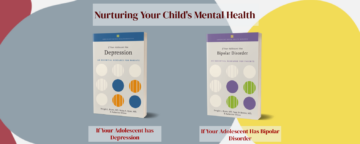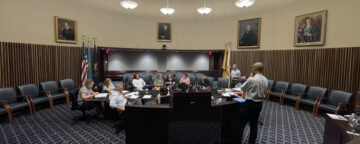The Annenberg Public Policy Center mourns the passing of Justice Sandra Day O’Connor and celebrates her life and work as a champion of civics education programs.


The Annenberg Public Policy Center mourns the passing of Justice Sandra Day O’Connor and celebrates her life and work as a champion of civics education programs.

New survey shows over a third of U.S. adults worry that they or someone in their family will get flu, Covid-19, or RSV in next 3 months, but no consensus on which virus is more likely to cause severe illness.

Americans have less confidence in vaccines than they did just a year or two ago, and more people accept misinformation about vaccines and Covid-19, according to an APPC health survey.

Focusing on adolescent depression and bipolar disorder, Oxford University Press has published the latest two books in a series developed by APPC that is designed to aid parents in helping their teenagers deal with a variety of mental health conditions.

Over a dozen summer interns with the Center for Ethics and the Rule of Law, in partnership with APPC, took part in a nine-week program exploring national security issues.

New research found that driving skills measured at the time of licensure on a virtual driving assessment, exposing drivers to common crash scenarios, helps predict crash risk.

There is wide variability in what the U.S. public knows about the seasonal flu and Covid-19, but some facts are much more strongly associated with an individual’s vaccination behavior, Annenberg surveys show.

New research published by a team at APPC finds that experiencing days in which the temperature exceeds previous highs for that time of year affects people’s perception of weather trends.

The Rendell Center for Civics and Civic Engagement has received the 2023 Civic Mission of the Nation Award to develop a video series for community colleges.

In partnership with APPC, the Rendell Center for Civics and Civic Engagement offered summer teacher programs on the Constitution and the Supreme Court.